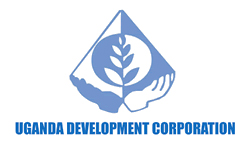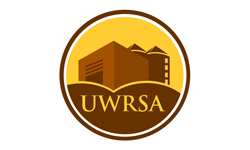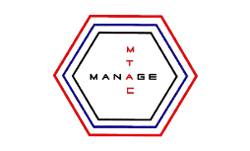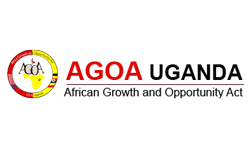Uganda Joins the COMESA Free Trade Area

Uganda has joined the COMESA Free Trade Area . This is in accordance with the National Trade Policy, the National Development Plan and 2011 NRM Election Manifesto, which prioritized regional integration and enhancing market access for Ugandan goods and services.
On the exogenous front, it was established that the major impediment to Uganda’s deeper penetration of the regional market was her non-membership of the COMESA Free Trade Area.
By remaining outside of the COMESA Free Trade Area, Uganda’s exports to main export market were being subjected to taxes on importation into those countries. This made Uganda’s products less price competitive, which certainly impaired Uganda from fully exploiting the benefits of regional integration.
Accordingly, therefore, Government has decided that Uganda joins the COMESA Free Trade Area. The COMESA has nineteen Member States , of which fourteen (14) {Burundi, Comoros, Djibouti, Egypt, Kenya, Libya, Madagascar, Malawi, Mauritius, Rwanda, Sudan, Swaziland, Zambia and Zimbabwe}, are members of the COMESA Free Trade Area that was launched in 2000. The COMESA has a population of approximately 467.6 million as of July 2011 and a combined GDP of US$799.2 billion as of 2010, and is Uganda’s main export market. Over the last five years, the COMESA has on average provided a market for 57% of the value of Uganda’s exports annually, earning the country an average of US$ 1.3billion in export revenues per annum.
The decision to join the COMESA Free Trade Area, therefore, consolidates and improves Uganda’s access to this lucrative market. The decision, which means that Uganda’s exports to the Free Trade Area Member Countries will not be subjected to import taxes by the importing countries, is projected to increase the country’s exports to COMESA by 50%. Similarly, producer competitiveness is expected to increase since intermediate inputs imported from COMESA Free Trade Area Members, on which a 4% import duty was levied, will now not be subjected to import duties.
Consumer welfare is also projected to improve since Uganda’s imports from the Free Trade Area Members will not be subjected to import duties, hence lower consumer prices.
The private sector was urged to deliberately work to take advantage of Uganda’s accession to the COMESA Free Trade Area.
The Ministry of Trade Industry and Cooperatives, working very closely with other relevant Government Agencies, will continue interacting with the private sector as well as the general public to guide on how best to make use of Uganda’s membership in the COMESA Free Trade Area. Full Statement – PRESS STATEMENT BY HON. AMELIA KYAMBADE ON UGANDA’S ACCESSION TO THE COMESA FREE TRADE AREA AND HOST










